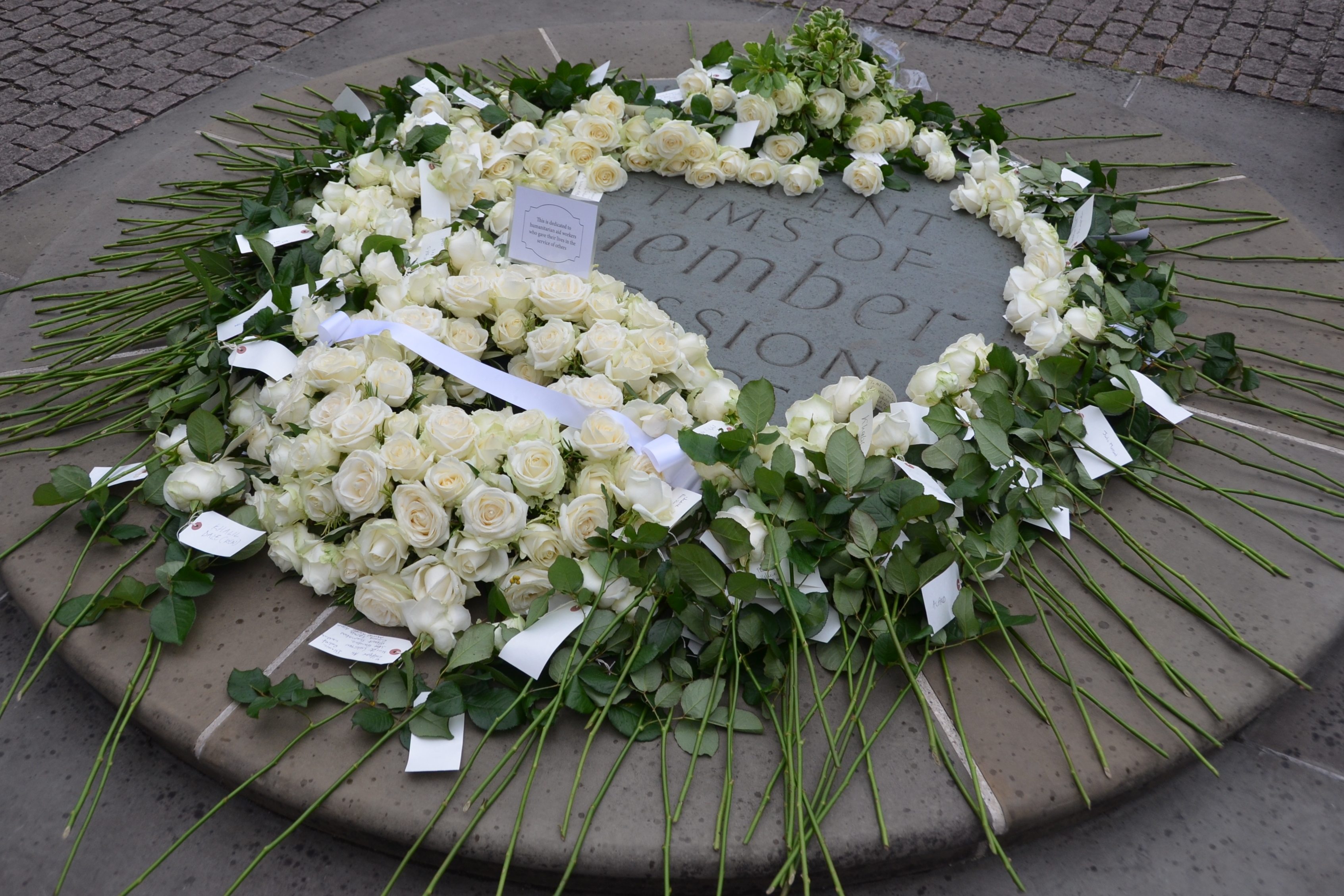The original plan for this column was a Buzzfeed-style list of “Ten facts that you don’t know about World Humanitarian Day”. Unfortunately I couldn’t find ten facts - at least, not ten interesting facts. For example: World Humanitarian Day (WHD) was established by United Nations General Assembly Resolution A/63/L.49 on 11 December 2008! It’s a terrifyingly dull fact, but also a reflection of General Assembly resolutions, which aren’t exactly known for their lyrical prose.
I’m assuming that you haven’t read many, so here’s an example from resolution A/63/L.49: WHD was intended “to contribute to increasing public awareness about humanitarian assistance activities worldwide... as well as to honour all humanitarian and United Nations and associated personnel who have worked in the promotion of the humanitarian cause and those who have lost their lives in the cause of duty.”
Please bear in mind that I support that resolution completely while you read the rest of this article.
The first WHD was held on 19 August 2009 – nine months after the resolution, and probably the fastest delivery of anything in United Nations history. The date wasn't selected at random – it's the anniversary of the Canal Hotel bombing in Baghdad, which killed 22 UN staff and injured many more, including several of my friends. The most high-profile casualty was the UN Secretary-General's Special Representative in Iraq, Sergio Vieira de Mello, and the foundation formed by his family was the driving force behind getting WHD officially recognised.
I’d left Baghdad before the bombing precisely because of what the Independent Panel on the Safety and Security of UN Personnel in Iraq identified as the failure of “the UN security management system… to provide adequate security to UN staff”. The panel identified “the lack of accountability for the decisions and positions taken by UN managers” as a major deficiency in the existing system, which I'll just leave on the table for you to reflect on.
De Mello was the closest thing to a celebrity the aid world had, which might explain why WHD has taken a course of celebrity steroids - Ziggy Marley in 2011, Beyonce in 2012, David Guetta in 2013 - and grown into a monster. (Seriously though, David Guetta? Somebody in the UN has terrible taste in music. Only joking: nearly everybody in the UN has terrible taste in music.) As we all know, celebrities are the key to effective advocacy, so in 2015 the WHD organisers decided that one celebrity just wasn't enough and recruited a whole wall of them.
Somebody in the UN has terrible taste in music
It didn’t start this way. The 2009 WHD was a modest affair, accompanied by a concert of smooth jazz and inoffensive classical music in Geneva. The 2010 WHD made good use of a video that actually made me feel proud to be an aid worker.
The lionisation of de Mello might also have contributed to WHD’s increasing use of a hero narrative, with “heroic” being the most common adjective used to describe those aid workers who have died in the course of their work. It could be worse – at least we're not calling them super-heroes – but it seems a little over-the-top. Emaad Ahmed Salman al-Jobody was one of the people who died in the Canal Hotel, but he wasn't a heroic aid worker. He was an electrician. He deserves to be remembered as much as anybody who died that day, but promoting the hero narrative doesn’t do the victims any favours.
Everybody would prefer to die a hero than a victim; it’s one of the ways in which we cope with the horror. The problem with the hero narrative is that it presents a misleading image of aid workers as somehow separate from - and implicitly better than - the general public, which undermines both the professionalism of aid workers and the capacity of the public. Treating aid workers (and electricians) as heroes also leads us to believe that death is an integral part of the system, an occupational hazard - and that’s not true.
The hero narrative obscures the fact that it was management failure that killed all those people in the Canal Hotel - and many aid workers since then. Despite improvements in security management in the decade that followed the bombing - and bearing in mind that some of those improvements may have had adverse impacts on the actual delivery of aid - aid worker deaths have continued to rise, peaking in 2013.
Although WHD was originally intended to include commemoration of those deaths, they are now mysteriously absent from the front page of the campaign, which instead focuses on uplifting personal stories with a wider market appeal. These include stories of those affected by disaster, which need to be heard, but once again these risk hiding the bodies of the victims from the public eye. All this heroism might lead you to expect a happy ending, but happy endings are rare in the aid industry.
A debate is now starting to emerge around providing ongoing support to aid workers - both international and national - to help them deal with the psychological toll of their work. This is an area that has seen very little investment so far, because the mental health impact is largely invisible, but WHD could still be a powerful mechanism for raising awareness of these issues. That will only happen if the leadership of the humanitarian organisations we work for are prepared to face the most important fact about World Humanitarian Day: aid workers are not disposable.
pc/ha





